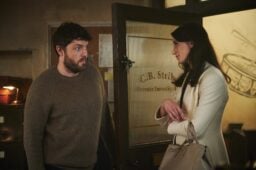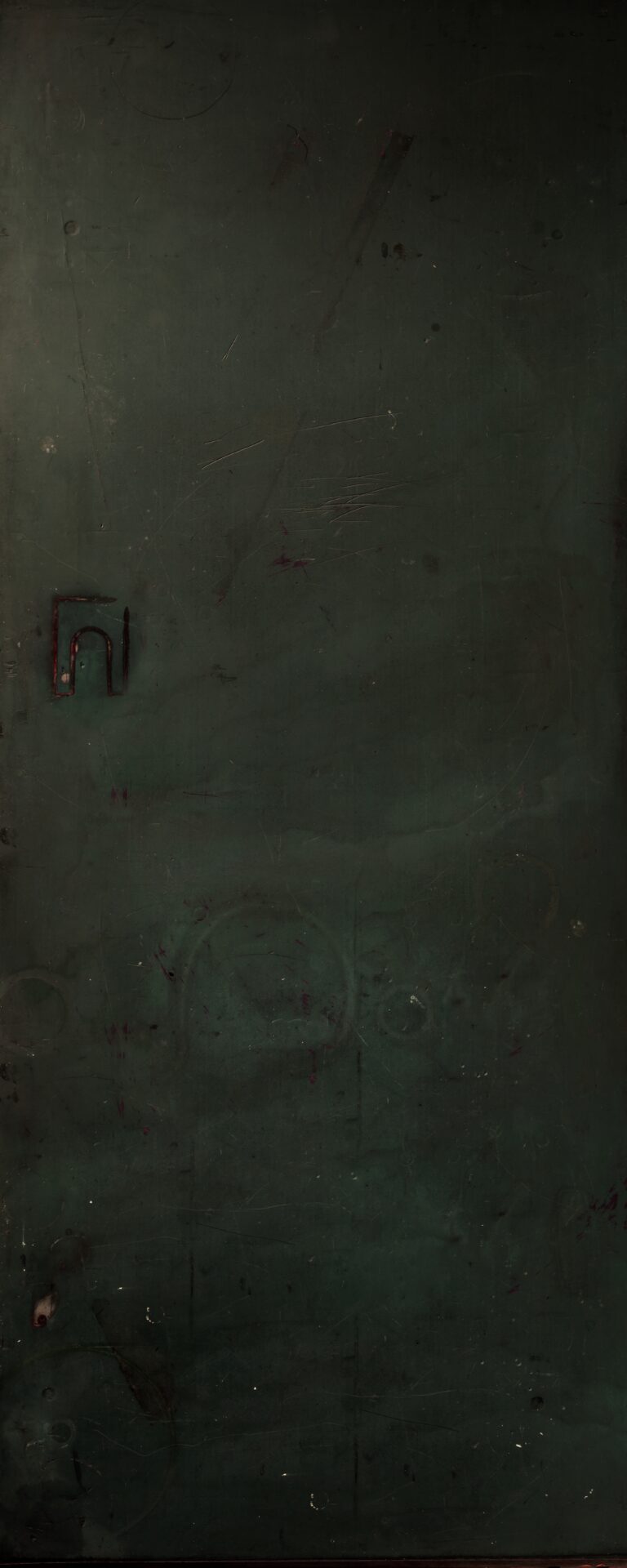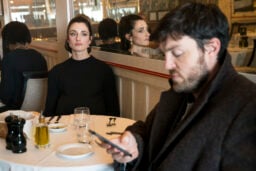All about Strike and Charlotte
Exhausted as Strike was, it took a while for him to fall asleep, and when he did, Charlotte wove in and out of every dream, gorgeous, vituperative and haunted.
Robert Galbraith – The Cuckoo’s Calling
23rd November is Strike’s birthday, and it falls two days after that of his beautiful, damaged ex-fiancée, Charlotte Campbell on 21st November. Their turbulent on-off relationship ended after sixteen years on the same day Cormoran met Robin Ellacott, but Charlotte continues to haunt Strike as the agency grows and Robin becomes his business partner and friend. So, what do we know about Charlotte and her tortured entanglement with Strike?
Charlotte and Strike met at a student party in Oxford when they were both nineteen. She was the most beautiful woman he had ever seen, with long black hair, wide hazel-green eyes, and that night he believed he had charmed her away from Jago Ross, by daring to talk to her, then making her laugh. He later learned Charlotte was using him to punish Jago, but for many years it seems he’ll never become immune to the exceptional power of her beauty, the sense of wonder it gives him, or pride by association. When his sister Lucy asked him if he put up with her behaviour during their relationship because of her beauty, Strike willingly admitted it helped.
When Strike was in hospital after losing part of his leg after an IED attack in Afghanistan, Charlotte walked in, without any warning, kissed him and after a two-year break in their relationship they were back together. It was for Strike, he tells Robin, their Kairos moment, their supreme moment, and it told him that life would continue, would contain glorious moments of beauty and pleasure even after his injury and the loss of his career. Charlotte encouraged him to start the agency, saying she didn’t need a ring when he proposed and persuading him to move in with her to her stylish, expensive maisonette in Holland Park Avenue to save money.
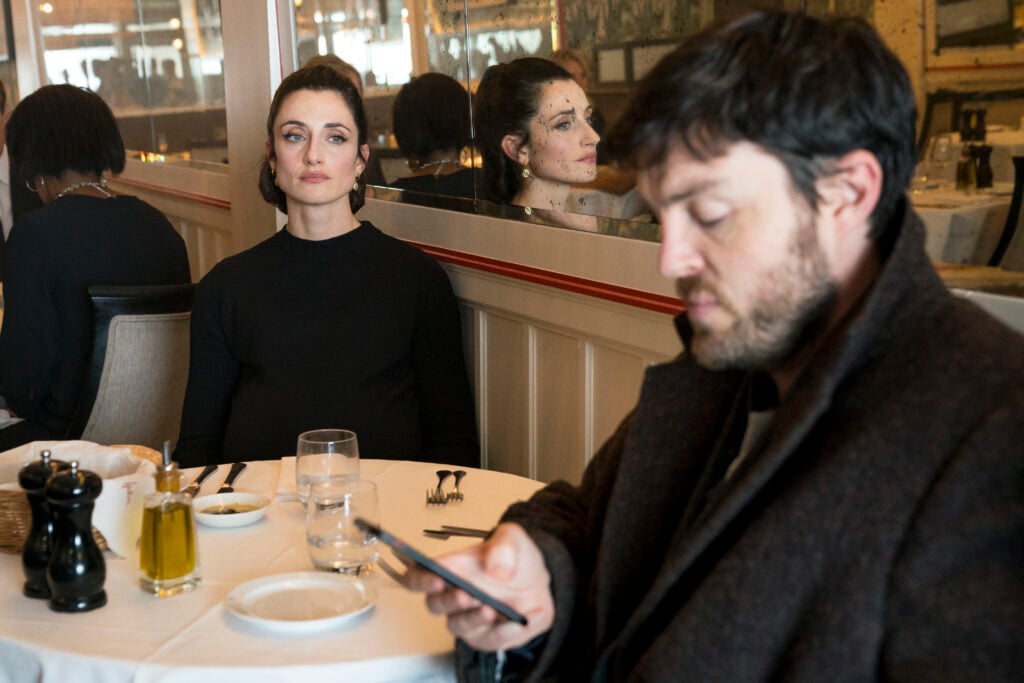
‘Love’s one long fucking chemistry experiment to you. You’re in it for the danger and the explosions,’
The Ink Black Heart, Robert Galbraith
The relationship was always tempestuous though. Ilsa, one of Strike’s oldest friends tells Robin some of the stories, giving them titles like cheap thrillers: the Night of the Bread Knife, the Incident of the Black Lace Dress, and the Blood-Stained Note. Strike and Charlotte’s fights ruined Christmas at St Mawes and Strike’s birthday gift was once thrown through an open window before he could unwrap it, but their union still contained moments of total bliss and mutual understanding, words of love and undying devotion. Their last birthday together, when Charlotte gave Strike an expensive suit and they dined at the River Café was one of their best. Strike is also aware that dangerous as she is, as self-destructive as she is, Charlotte has also loved him as she has never loved anyone else. Did Strike want to save her from herself? Charlotte says long after their final break that he didn’t want to save her, he wanted to solve her.
‘But life in squats with my mother hadn’t really prepared me for what to expect from the aristocracy. On balance, I’d have to say people were a lot better behaved in the squats.’
The Ink Black Heart, Robert Galbraith
Strike and Charlotte come from different worlds. Charlotte is a child of privilege – daughter of academic and broadcaster, Sir Anthony Campbell, and 1960s It Girl Tula Clermont. She attended the best private schools, running away from Cheltenham Ladies College and Bedales while in her teens, and studied Classics at Oxford where she met Strike, who was studying History. She has been brought up among the aristocracy and the upper classes where everyone seems to know each other, part of a blue-blooded family that commissions painters to immortalise its young, (her portrait watches over Strike as he picks up his belongings from her flat), where men still go grouse shooting, and women have tiaras in the family vault.
Strike’s childhood on the other hand was chaotic and unstable with his mother Leda, sister Lucy, a vortex of squats, schools, and regular upheaval including six months on the commune in Norfolk which will later be the birthplace of the Universal Humanitarian Church (The Running Grave). Charlotte’s family think of Strike as an uncategorisable mongrel. His old friend Dave Polworth believes that women like Charlotte (or Milady Beserko, as he calls her) who are nervy and overbred are attracted to Strike because they are subconsciously looking for what he calls ‘carthorse blood’.
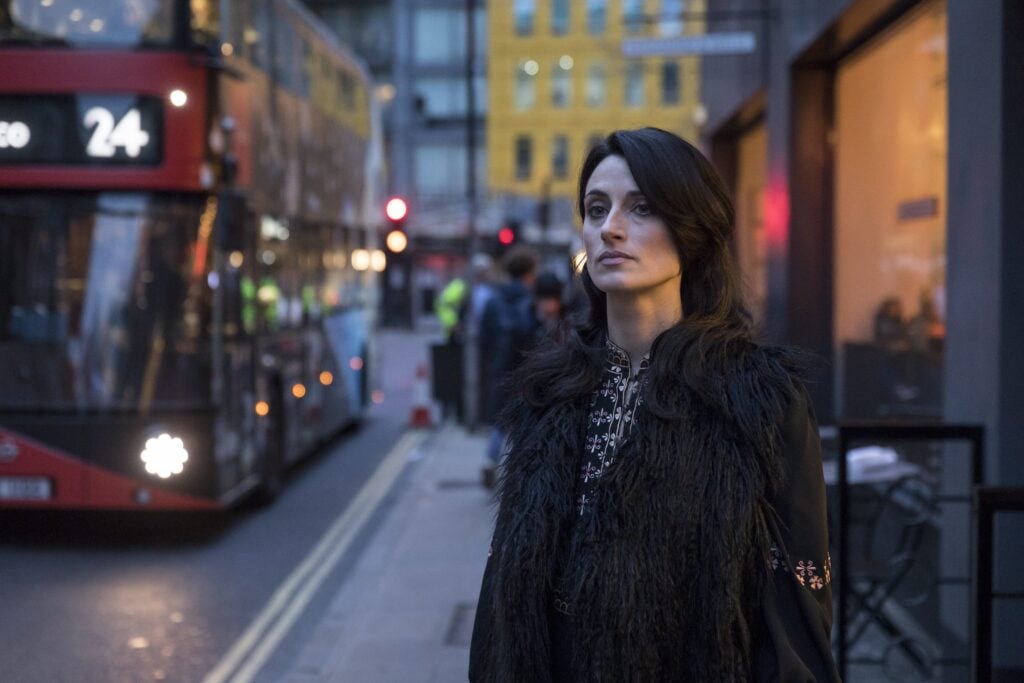
Clever, funny and often endearing, Charlotte was also capable of fathomless spite, not to mention a self-destructive recklessness that had led her to sever relationships on a whim or to take extreme physical risks.
The Running Grave, Robert Galbraith
For all their wealth and privilege, Charlotte’s family seem to have done more damage to Charlotte than the chaotic Leda ever did to Strike. Charlotte’s father was a heavy drinker, and her mother told her she wished she’d had an abortion rather than give birth to her while she was a teenager. Stories which would be shocking and singular in most families – ‘it was a month before Daddy torched Mummy’s portrait in the hall, and the panelling caught fire, and the fire brigade came, and we all had to be evacuated via the upstairs windows’ – are normal for the Campbells, and after the end of the Bamborough case, Strike describes to a baffled and amused Robin how Charlotte’s step-mother, Scheherazade, tried once to seduce him on the Isle of Arran.
Ultimately, there’d been no reconciling Strike’s preference for a vocation that meant long hours and, at least in the beginning, very little money with Charlotte’s desire to continue enjoying the milieu into which, after all, she’d been born: one of ease, celebrity and wealth.
The Ink Black Heart, Robert Galbraith
Charlotte was always jealous of Strike’s commitment to the army and then to his work. She would invent reasons to interrupt him or pick a fight when he needed to spend hours at his computer and angry when he couldn’t ‘treat’ her. ‘You hated the poverty,’ Strike reminds her after she’s tricked him into sitting down in a restaurant with her during the Chiswell investigation (Lethal White). In the relationships he has had since, Strike is wary of any woman who seems upset when he cancels dates or chooses work rather than spending time together. He is also, particularly in his affair with Elin Toft, sensitive to any suggestion he should be living a more opulent life style.
Two weeks after their final break-up (The Cuckoo’s Calling), Charlotte announces her engagement to Jago Ross, her former boyfriend who looks to Strike like a dissolute arctic fox. She appears on the cover of the December issue of Tatler, and when Strike reads the interview with her, which dismisses her relationship with him, and is full of pictures of her striding around the Castle of Croy which her future husband will inherit, along with various titles including the Viscountcy of Croy, Strike believes the whole thing – the marriage, the article, is aimed at him, to hurt him as much as possible and manipulate him into ‘rescuing’ Charlotte from her new relationship. Strike doesn’t (The Silkworm). She eventually confesses she was expecting Strike to save her from the marriage.
As the agency goes from strength to strength, Charlotte continues to haunt Strike, but her hold over him begins to weaken. Though he dreams of her while looking for Owen Quine (The Silkworm), and she slips in and out of his thoughts like a cat while he is investigating the Chiswells (Lethal White), after the Bamborough case he changes his mobile number and tries to put more distance between them. Charlotte though continues to try and remain a presence in his life, even after having twins with Jago.
For nearly six years she’d believed the craving she couldn’t eradicate in herself lived on in him, too, and that her beauty, her vulnerability and their long, shared history would reunite them, no matter all that had gone before, no matter how determined he was not to return.
The Running Grave, Robert Galbraith
Charlotte models for a jewellery designer Strike has been seeing, Madeline, as the investigation into the death of Edie Ledwell unfolds (The Ink Black Heart) and she takes the opportunity to stoke Madeline’s paranoia. She also tells Strike that he will be named in her and Jago’s upcoming divorce, forcing him to get involved in the acrimonious end of their marriage to keep himself out of the newspapers. The discoveries he and the agency make about Jago though, also lead Strike to realise that Charlotte was never the person he thought she was.
‘Jesus Christ, Charlotte, we were never friends. That was the whole trouble. We were never fucking friends.’
The Running Grave, Robert Galbraith
‘How can you say—?’
‘Because it’s true,’ he said forcefully. ‘Friends don’t do to each other what we did. Friends have each other’s backs. They want each other to be OK. They don’t rip each other apart every time there’s a problem.’ Her breathing was ragged in his ear.
‘You’re with Robin, aren’t you?’
As Charlotte realises her hold over Strike is fading, her efforts to engage him become increasingly desperate and, without Strike’s number, she leaves threatening messages on the office answer phone. She is as beautiful as ever, and as dangerous, and still a favourite in the tabloids but with Robin undercover investigating the Universal Humanitarian Church, Strike deletes her messages and concentrates his attention on his work, and his partner.
